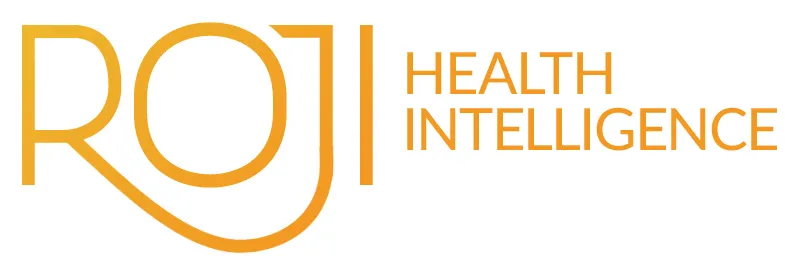A lot has happened in health care since 2012, when final rules permitted provider-organized ACOs to be the driving force of Value-Based Care under the 2010 Affordable Care Act (ACA). As we pass the ACA’s eleventh anniversary, a dwindling number of Medicare Shared Savings Program (MSSP) ACOs are entering a new phase marked by higher […]
5 Value-Based Behavioral Health Strategies for ACOs and Medical Group Models
For ACOs and Direct Contracting Medical Groups adopting value-based payment models, behavioral health is often overlooked. But your patients’ unmet behavioral health issues are a big cost driver for emergency care and inpatient admissions, and they compound risk factors in disease. They also influence your patients’ adherence to treatment plans. You may believe this is […]
With Competing Payment Models on Hold, What’s the Future for ACOs?
When CMS first announced new primary care payment models in April 2019, ACOs understood that their future might be threatened by competition for both physicians and patients. If medical groups could independently contract with Medicare under these models, they would have the advantage of greater control over their physician network, referral arrangements, and clinical decisions. […]
Why Health Equity Will Be Measured in Value-Based Health Care
After the first wave of COVID-19 case numbers and deaths in Spring 2020, it was Mayor Lori Lightfoot of Chicago who broke the story of how the virus was distinctly ravaging Black and brown communities with higher hospitalizations and deaths. In Chicago, alone, Black residents were dying from COVID-19 at six times the rate of […]
7 New Value-Based Health Care Directions You’ll See in 2021
Everyone who’s reeling from 2020 is hoping for light in 2021. Health care, especially—systems, hospitals, clinical practices and their providers—wants the pain to stop. What might lie ahead for health care next year? Here’s what we’re thinking about the near future, and what you should watch for in 2021. 1. Health care providers will be […]
The 2021 QPP Final Rule: A Warning Bell for ACOs and a Wake-Up Call for MIPS Participants
In a mere 2,165 pages, CMS has solidified the provisions of the 2021 Physician Fee Schedule and Quality Payment Program (QPP) Final Rule. The Final Rule strongly resembles the Proposed Rule, and the implications, particularly for ACOs, are staggering. Medicare Shared Savings Program Accountable Care Organizations (MSSP ACOs) and the Alternate Payment Model (APP) Pathway […]
Five Strategies to Help ACOs and Independent Specialists Create Common Ground on Data Sharing
To successfully manage the 40 to 60 percent of costs of care driven by specialty physicians, your ACO must overcome one major obstacle when you begin to address specialty costs: the lack of information to guide your actions. Although ACOs have claims data to calculate total costs per ACO patient and totals for specialty services, […]
Video: How to Engage Specialists Through Centers of Excellence
Specialists will engage in cost performance improvement if they believe they can provide better care for their patients and improve their own clinical excellence. Here’s how to achieve that through Episodes of Care, and how ACOs and health systems can help. You’ll find more details in last week’s post, Five Ways to Manage Specialty Costs […]
Five Ways to Manage Specialty Costs Without Bundled Payments
When health plans and Medicare propose controlling the cost of specialty care, expect that bundled payments will be the next suggested solution. With the introduction of every new specialty-focused payment model, an episode-based bundled payment model is involved. But let’s say you’re an ACO with no interest in bundled payments arrangements. You may not even […]
Video: How to Improve Specialty Spending for ACOs
Referral networks drive a huge part of ACO spending. Cut through the data to find how you can reduce costs through actionable information. Learn more about how your ACO should evaluate specialty referrals and costs using seven key analytics for procedural episodes of care. Founded in 2002, Roji Health Intelligence guides health care systems, providers […]










